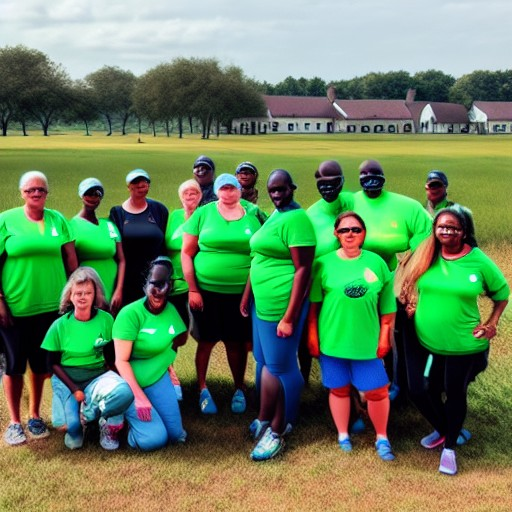Introduction
Volunteering is a selfless act that can benefit both the volunteer and the community. Whether it is through donating time or resources, volunteering can have a positive impact on mental and physical health, social connections, and personal fulfillment.

Mental and Physical Health Benefits
Volunteering has been linked to numerous mental and physical health benefits. Studies have shown that volunteering can reduce symptoms of depression and anxiety, lower blood pressure, and increase overall feelings of well-being. Additionally, volunteering can help individuals maintain cognitive function and reduce the risk of Alzheimer's disease.

Social Connection Benefits
Volunteering also provides opportunities for social connection and community involvement. By volunteering, individuals can meet like-minded people and build relationships while working towards a common goal. Additionally, volunteering can help bridge the gap between different generations and cultures, fostering a greater sense of understanding and empathy.

Personal Fulfillment Benefits
Finally, volunteering can provide a sense of personal fulfillment and purpose. By giving back to the community, individuals can feel a sense of accomplishment and satisfaction. Additionally, volunteering can help individuals develop new skills and explore new interests, providing opportunities for personal growth and development.

Conclusion

Volunteering is a powerful tool that can benefit both individuals and the community. By providing mental and physical health benefits, opportunities for social connection, and personal fulfillment, volunteering can help individuals lead happier, healthier, and more fulfilling lives.